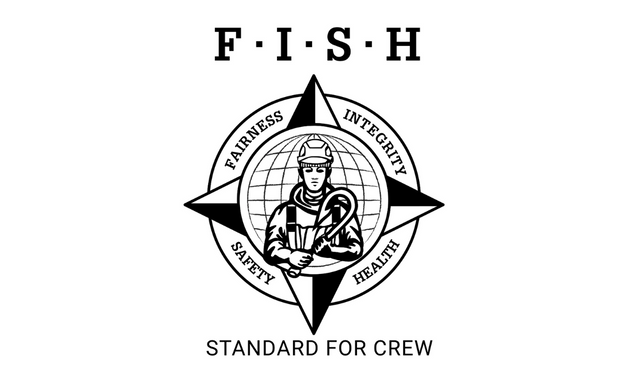October 02, 2018
Environmental Cost of Animal Sourced Foods
Protein from wild-caught whitefish was identified as having among the lowest environmental impacts, significantly better than Tilapia, shrimp and livestock (beef, pork, chicken) sources of protein. That’s the conclusion cited in a new report, Environmental Costs of Animal Source Foods, written by Professor Ray Hilborn and his team from the School of Aquatic and Fishery Sciences at the University of Washington in Seattle, Washington.
Hilborn reports that the, “lowest impact forms of animal protein come from species that feed naturally in the ocean and that can be harvested with low fuel requirements.”
According to the report, “US fisheries have an excellent record of sustainable management, and the Alaska pollock fishery in particular is an example of how well managed fisheries can produce high quality food with minimal environmental impact. The catcher processor fleet are very efficient, they have a low carbon footprint, use no fresh water, use no antibiotics, use no fertilizer and the ecosystem impact of fishing pollock is much less than any form of agriculture.”
Read the report

